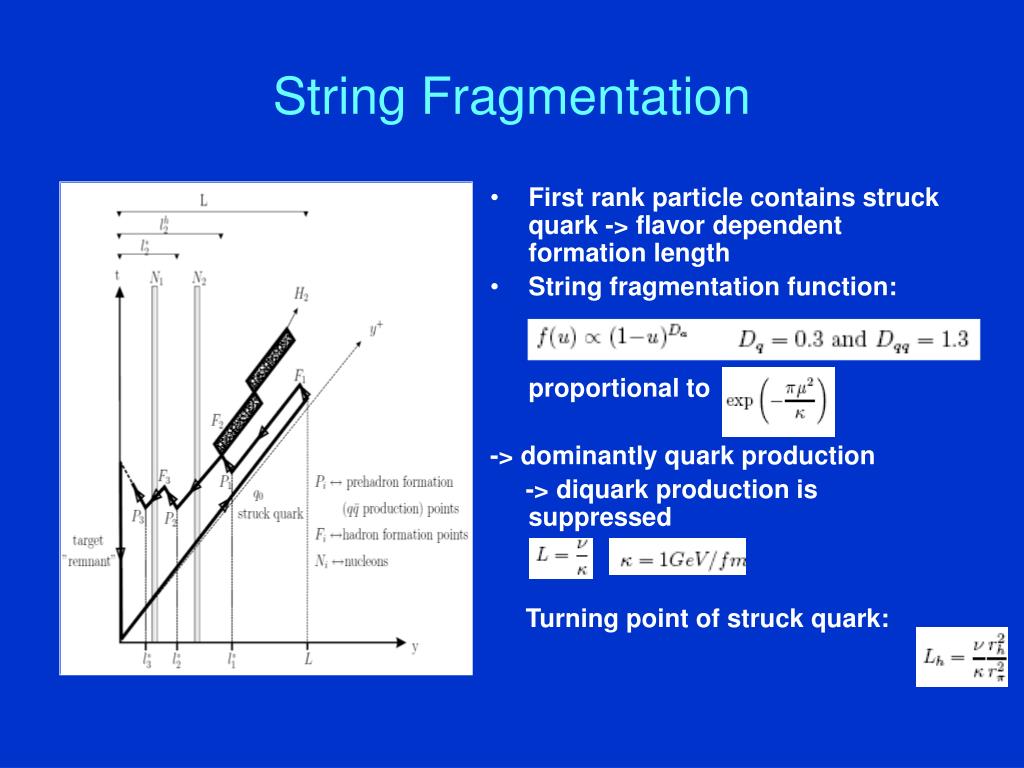
Then, I reached out to Billy, or actually, I tried to find anybody, a contact for him, online: a publicist, or a manager, or an agent, or anything. Having gone through it, I think it works.
#DISINTEGRATION LOOPS MOVIE#
I hit up Brad soon after that, and I was like, “Hey, how about we do a movie on Zoom?” and I think at first he was horrified but then Brad chuckled and with a little push from David, who said, “what did you say?” Brad admitted he had said, “It’s never going to work,” but I think I was really discounting just the fact that people are in this zone, at this point, in the pandemic, and it’s part of everything we’re going through, and it just takes you there. It reminded me of what he meant to me 9/11. (It’s been edited for clarity.) Just before the lockdown, David had gotten back from a cruise…ĭavid: “ Billy’s music was on Pitchfork that day. The following is a conversation with the filmmakers David Wexler (Producer/Director) and Brad Coleman (Producer) who told me the story of how they decided to make a film about William Basinski together. The thing about ambient music is if done right, it suspends both.

We experience everything through the lens of time and a documentary can only be a snapshot of a moment. The documentary interviews took place in the early stages of the pandemic - before masks, vaccines, and death tolls surpassing 9/11 by hundreds of thousands. Basinski’s 2020 album, Lamentations, may be tied to the pandemic much the way it’s impossible to separate The Disintegration Loops from 9/11. We see frozen frames, drop-outs, poor internet connectivity interspersed with archival photos from Basinski’s life - grounding us both in past and present. Wexler artfully incorporates all the annoyances of Zoom to capture the age of Covid-19. He wound up becoming an amazing musician who makes beautiful music that is as pacifying as it is enchanting. Here’s a person who had all this trauma, yet he didn’t fall into a life of drugs or crime. Basinski has performed at the Met I’m not sure what happened to the boys with the BB guns.

As a kid, he was shot at by boys with BB guns (Basinski would wear a raincoat to protect himself). His trauma is not that of a miserable home life but one of being bullied for being different.

Though The Disintegration Loops is a documentary about Basinski, his early artistic career, his loves and losses, artistic successes and his childhood, it persists as a love letter to New York City. To illustrate the visual, Wexler’s documentary features a short albeit hilarious animated educational video circa 1970’s style Disney instructional films. Notably, on that morning of 9/11, Basinski had a job interview in one of the towers but couldn’t motivate himself to make the journey into Manhattan, and instead witnessed the terror from his Brooklyn rooftop.īasinski, whose personality seems incongruous to his music, explains in simple terms why tape is ephemeral. The completion of the recordings coincided with the morning of the 9/11 attacks.
#DISINTEGRATION LOOPS SERIES#
The subsequent ambient soundscape became a seminal tribute to the Twin Towers, especially when juxtaposed with footage of smoke engulfing the Manhattan skyline as dusk descended on 9/11, and Basinski released the work as a series of four albums. As it played back, the tape literally started to disintegrate, hiccups of silence enveloping the music. Sometime before 9/11, Basinski, who has worked with tape loops for over thirty years, digitized a bevy of loops from the ’80s. The story of The Disintegration Loops is enthralling.

During the opening montage, the eerie “ dlp 1.1” plays parallel to images of desolate NYC streets and signs warning people to stay six feet apart - as if the city Basinski’s captivating music are forever intertwined. An introduction to Disintegration Loops, a documentary about avant-garde composer William Basinski that premiered at SXSW, through an interview with its director, David Wexler, and producer, Brad Coleman…ĭavid Wexler ‘s new documentary The Disintegration Loops, a 45-minute film constructed via Zoom, draws haunting parallels between New York-based avant-garde composer William Basinski’s 9/11-inspired art and the pandemic lockdown in New York City.


 0 kommentar(er)
0 kommentar(er)
